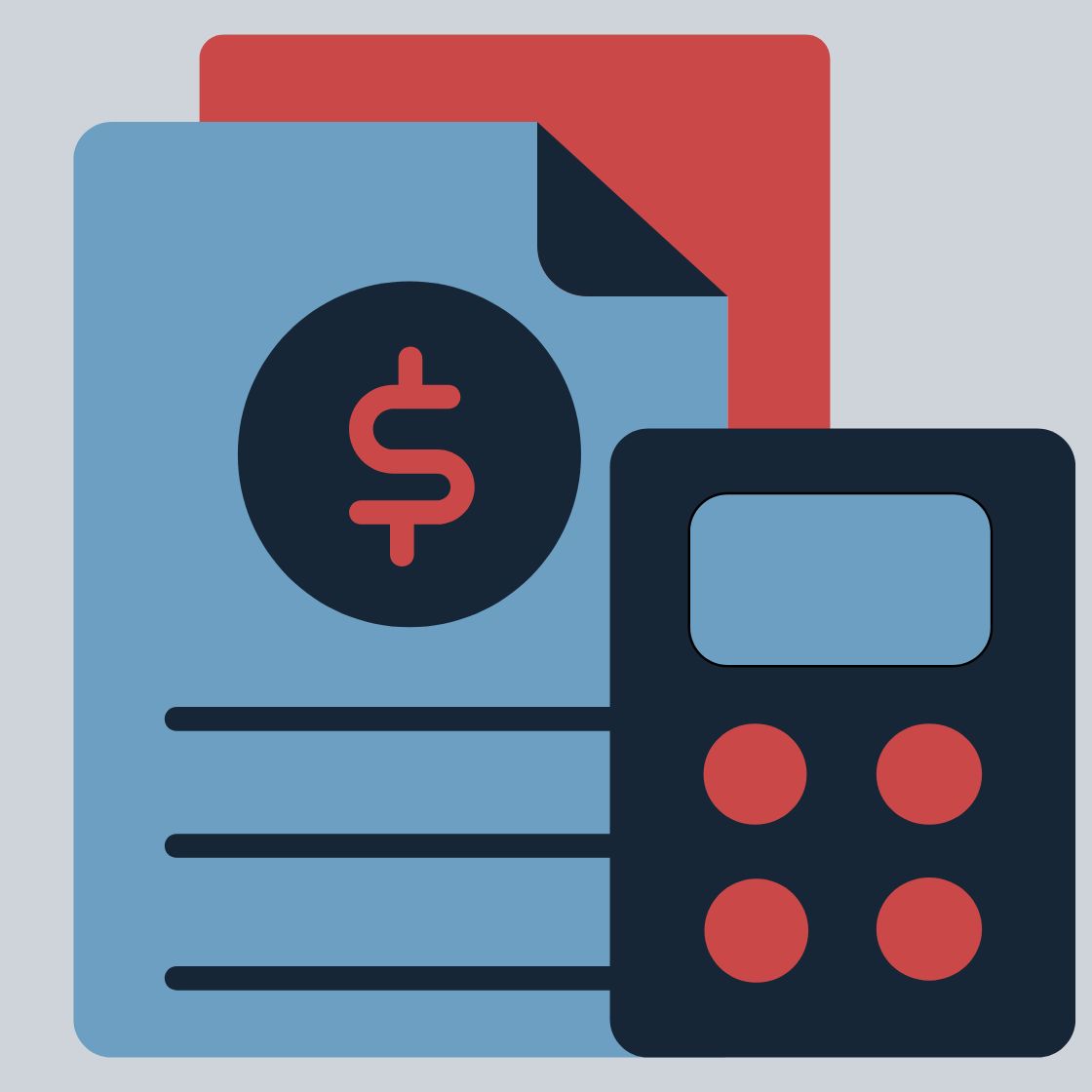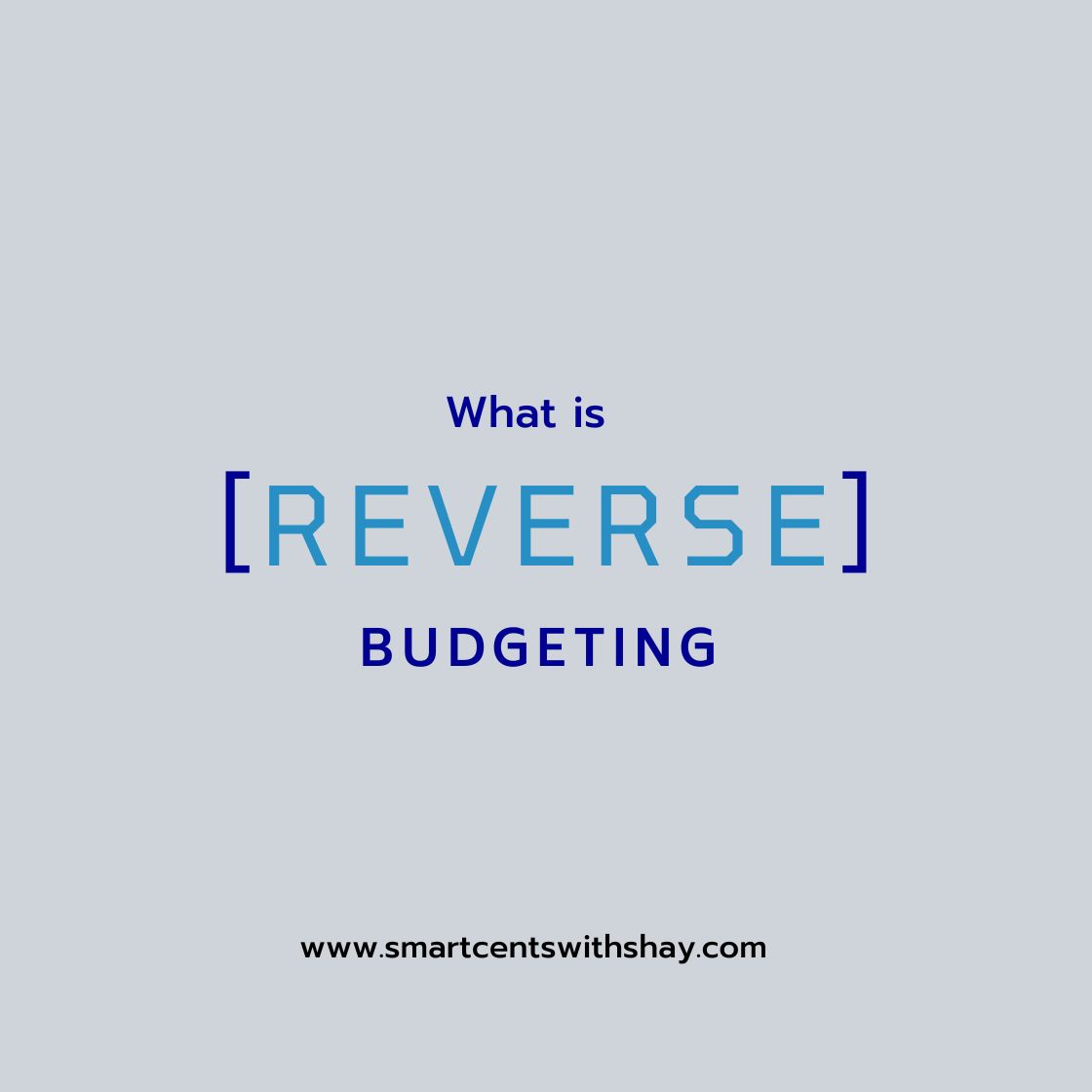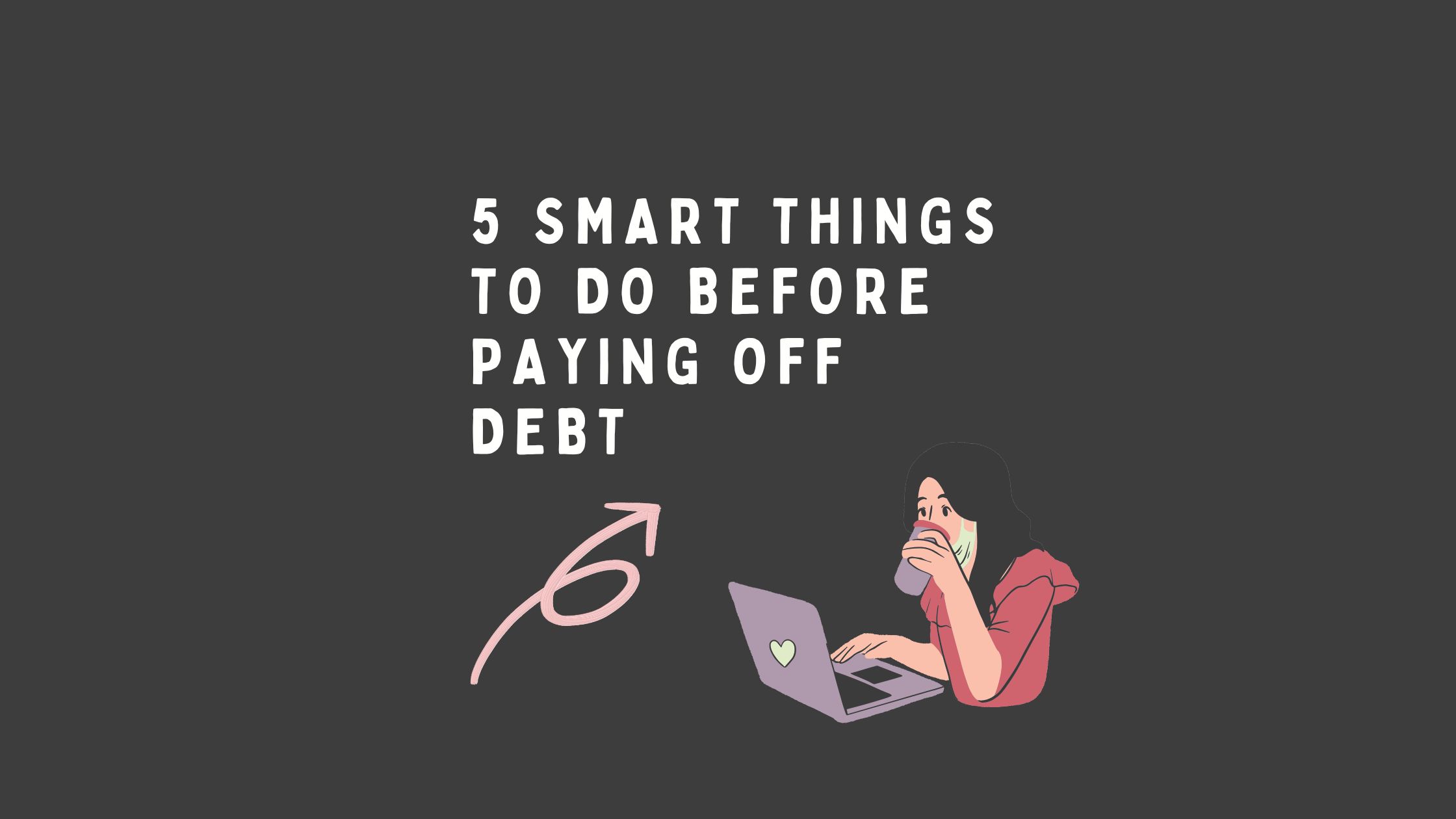What is Reverse Budgeting?
The Reverse Budget or pay yourself first budgeting method is exactly that “paying yourself” first before any expenses are paid within the month.
With each paycheck you receive, prioritize yourself first by setting aside a portion for savings. Once you’ve allocated money toward your savings goals, you can focus on covering your living expenses.

This Reverse Budget Method works great for people who want to save but have trouble getting started.
Pros of Reverse Budgeting
The biggest benefit of the Reverse Budgeting method is you will save consistently.
The Reverse Budgeting method can be more flexible than other budgeting plan.

Cons of Reverse Budgeting
If your budget is tight, it may be harder to focus on paying yourself first.
If you are an over spender and not careful after you have allocated your amount to savings you might be at risk of spending too much on unnecessary things.
Tips for Success
Automate your savings by setting up automatic transfers to your savings and/or investments account.
Make sure to set attainable savings goals. You do not want your funds to run out before you cover your essential expenses.
Keep track of all your spending. You may find that you have extra money to apply toward your savings goal.

Is Reverse Budgeting Right for You?
Reverse Budgeting is a budgeting plan that works best for those that want to focus on savings first. This budgeting system focuses on the big picture and long-term goals: Savings. However, the Reverse Budgeting method may not be right for everyone. As I mentioned earlier, if your budget is too tight or you have a lot of high interest debt, this budgeting method may not be right for you. It all comes down to what is more important to you and what works best in your budget. There is always an option to start with one of the stricter budgeting methods. Once you have some debt paid off and have extra money then you might want to switch to the Reverse Budgeting plan if you want to start saving as soon as possible.
Here are some other budgeting methods you might want to review before making a decision.
Comment and left me know which budgeting method you are going to try.




Leave a Reply